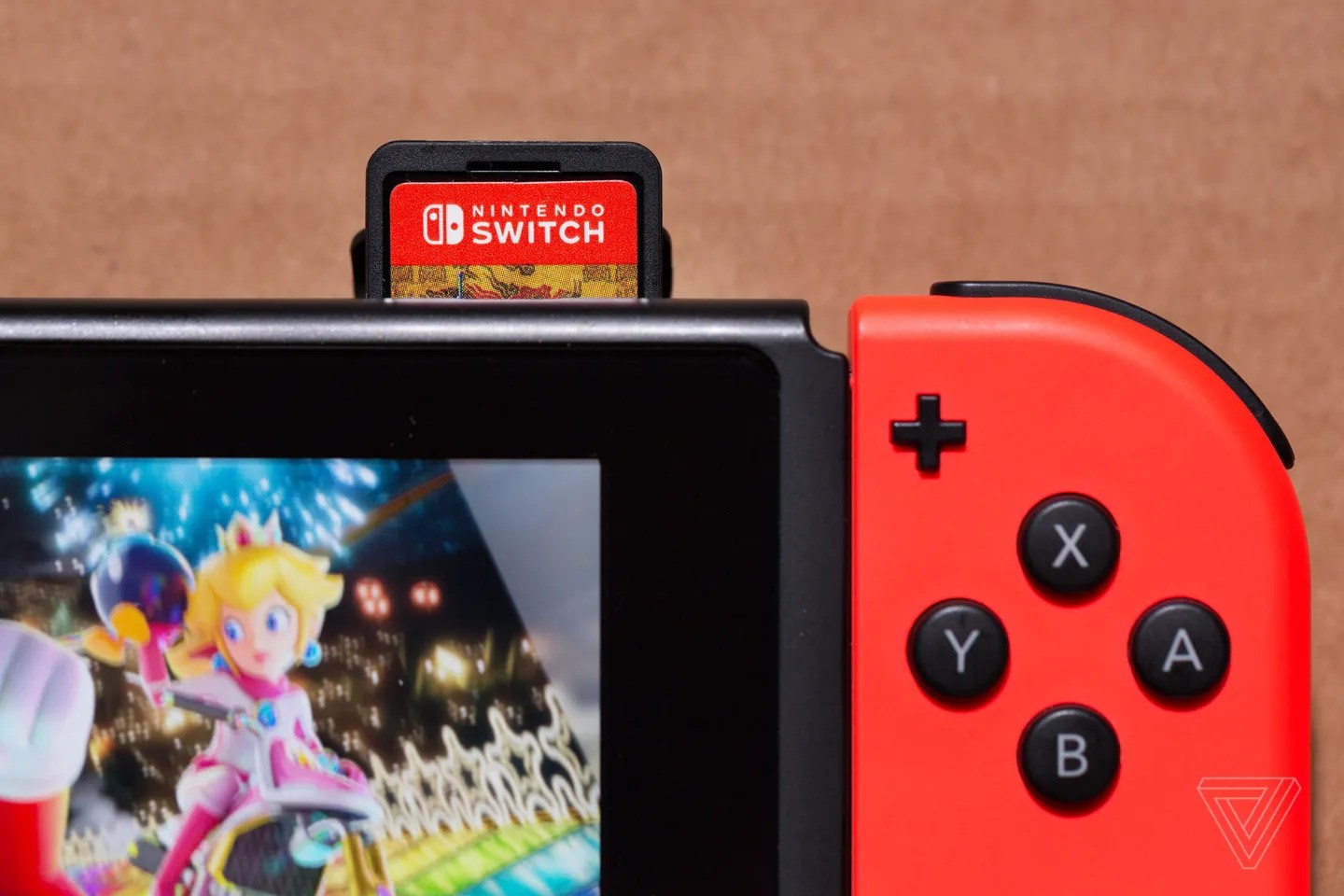Nintendo has secured a significant victory in its ongoing battle against piracy, winning a $2 million lawsuit against Ryan Daley, the operator of the Modded Hardware website. The Washington District Court ruling not only awards Nintendo substantial damages but also serves as a strong warning to others involved in the unauthorized modification and distribution of Nintendo Switch consoles and games. Daley, who represented himself in court, was found liable for selling modified Switch consoles, modchips, and Mig flash cartridges, all enabling widespread piracy of Nintendo’s intellectual property. The case highlights Nintendo’s aggressive stance against piracy and its determination to protect its software and hardware from unauthorized access and distribution. This legal win follows a string of similar successes for the company, demonstrating their commitment to safeguarding their lucrative gaming ecosystem. The financial penalty imposed, coupled with the injunction against future modding activities, underlines the seriousness of the offenses and the potential consequences for those involved in the illegal modification of gaming consoles.
The core of the lawsuit centered around Daley’s Modded Hardware website, which served as a central hub for the sale of modified Nintendo Switch consoles, modchips that bypass the console’s security measures, and Mig flash cartridges enabling the playing of pirated games. Nintendo argued, and the court agreed, that these products caused significant and irreparable harm to the company. The court’s finding that Daley’s actions facilitated the large-scale distribution of pirated Nintendo games underscores the gravity of the situation and the potential impact on the company’s revenue streams. The judge’s order also includes the seizure or destruction of any devices owned by Daley that may contain copyright-infringing material, further emphasizing the severity of the consequences.
The ruling against Daley is far from an isolated incident. Nintendo has aggressively pursued legal action against various individuals and entities involved in piracy related to their products. This includes past lawsuits targeting file-sharing websites hosting pirated Nintendo games and actions leading to the shutdown of Switch emulators like Yuzu and Ryujinx. These actions clearly illustrate Nintendo’s proactive and robust approach to protecting its intellectual property rights in the digital age. The company is committed to preventing the unauthorized access and distribution of its games, and this recent victory serves as a testament to their dedication. Further strengthening their position, Nintendo has also publicly stated its intention to potentially “brick” – render unusable – any Switch 2 consoles detected to have been modified.
Daley’s decision to forgo legal representation and fight the case alone likely contributed to the outcome. Navigating complex copyright law and presenting a compelling defense against a powerful corporation like Nintendo requires significant legal expertise. The lack of legal counsel could have hampered Daley’s ability to effectively contest Nintendo’s claims and present evidence in his defense. While the details of Daley’s defense strategy remain unclear, the judge’s decision reflects the strength of Nintendo’s case and the overwhelming evidence presented against him. The case serves as a cautionary tale for those considering engaging in similar activities, highlighting the significant legal and financial risks involved.
The impact of this ruling extends beyond the specific case against Daley. It sets a strong precedent for future cases involving Nintendo Switch modding and piracy. It sends a clear message to other individuals and companies involved in the unauthorized modification and distribution of Nintendo Switch consoles and games that Nintendo will pursue legal action vigorously. The $2 million judgment serves as a substantial deterrent, demonstrating the serious financial penalties that can be imposed for copyright infringement. This win for Nintendo reinforces the company’s commitment to protecting its intellectual property and maintaining the integrity of its gaming ecosystem.
In conclusion, the $2 million judgment against Ryan Daley marks a significant victory for Nintendo in its fight against piracy. The ruling serves as a powerful deterrent, setting a legal precedent that could influence future cases involving the unauthorized modification and distribution of Nintendo Switch consoles and games. The judge’s decision underscores the seriousness of copyright infringement and the substantial financial consequences that can result from such activities. For those involved in the modding community, this case serves as a stark reminder of the potential risks associated with engaging in unauthorized modifications and the distribution of pirated games. Nintendo’s proactive and persistent approach towards combating piracy highlights their commitment to protecting their intellectual property and preserving the integrity of their lucrative gaming ecosystem. This legal success cements Nintendo’s resolve in defending its intellectual property rights and will undoubtedly influence the actions of others involved in similar activities.

